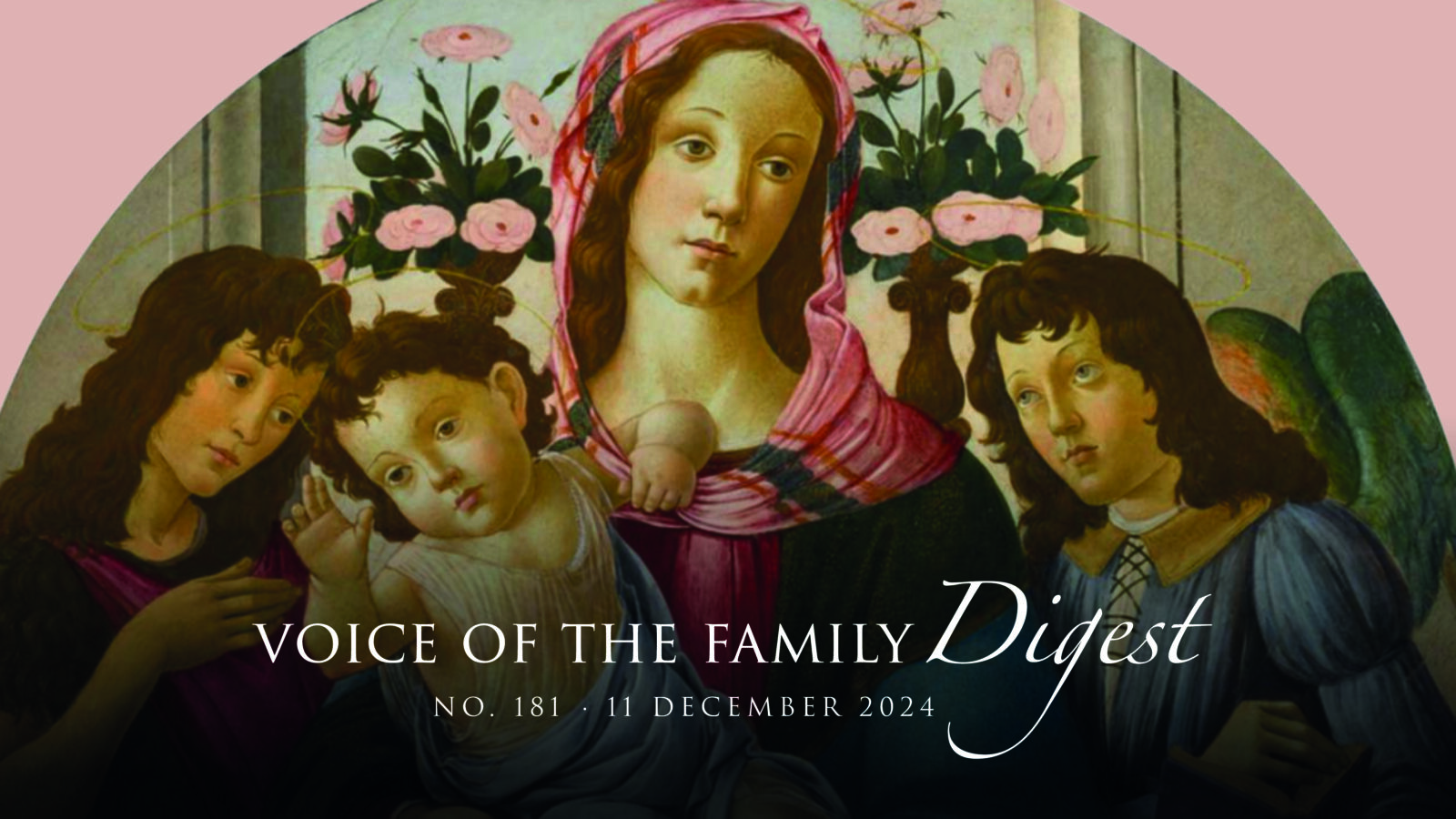The friend of the Bridegroom: sermon on Gaudete Sunday
By a Dominican Friar | 11 December 2024

“There hath stood one in the midst of you, whom you know not.”
This Sunday of Advent is called Gaudete Sunday, from the first word of the introit. Gaudete means rejoice, and the introit told us, “Rejoice in the Lord always … Let your modesty be known to all men: for the Lord is nigh.” So it might seem surprising at first that the figure whom the Church gives us to contemplate today is St John the Baptist. Was St John the Baptist not rather a frightening person, living in the wilderness on strange food and delivering terrible warnings about judgement to come? Is he not out of place on a Sunday when we are specially bidden to rejoice?
I don’t think so. It’s true that St John the Baptist did warn people, especially the Pharisees and Sadducees, that they were in danger of going to hell. He did that because it was God’s will that he should. But if you or I had had the privilege of spending some time with John the Baptist, I think we should have discovered that what occupied his thoughts most was not the judgement to come, but the Saviour to come, or rather the Saviour who had already come. When the priests and Levites come down from Jerusalem to demand that he give an account of himself, it’s of our Lord that he speaks to them. “There hath stood one in the midst of you,” he tells them, “whom you know not.” And this brings St John joy; not that they don’t know Christ, but that he does. He even refers to our Lord as the bridegroom and to himself as the best man, or the bridegroom’s friend: “The friend of the bridegroom,” he says, “rejoiceth with joy because of the bridegroom’s voice.” So, St John is after all rather a suitable person for us to think about on Gaudete Sunday.
Now, St John the Baptist is, among things, the patron of religious; that is, of people who enter religious orders. Why is this? I think there are two reasons. One is that he lived in separation from the world. St Luke tells us that he was in the wilderness from his childhood. How exactly he survived there, we don’t know. Divine providence must have looked after him. When St John began his ministry, great crowds came to him, but he never sought them out. He remained in the wilderness: in fact, on the far side of the River Jordan. So, too religious, have some separation from the world. In a monastery of contemplative nuns, for example, such as a Carmelite or Benedictine monastery, the nuns will often be separated from other people by bars: what is called a grille. People who see this for the first time sometimes find it disconcerting. Are the nuns in prison? No, it’s because each monastery is like a new holy land: the bars are its borders. As the psalms says, “He hath strengthened the bolts of thy gates; he hath blessed thy children within thee.”
That’s one reason why the Baptist is a patron of religious: his separation from the world. The other reason is that the whole purpose of his life was to manifest our Lord. Jesus calls him “a burning and shining lamp”, and a lamp shines on something else, not on itself. At the time, people were wondering if perhaps St John himself was the Messiah, he was so impressive a figure, the like of whom hadn’t been seen in Israel for centuries; but he himself was horrified at the idea. That’s why he rebuts the suggestion so vigorously, saying, “the latchet of His shoe I am not worthy to loose.” He knew that our Lord is God.
So, the purpose of religious orders is to make known Christ. Some do this especially by preaching, or tending the sick. Others do it especially by prayer: I don’t know of anything more eloquent than a community rising while it is still dark to pray and adore and sing the Psalms. Just as St John helped others to see that the Messiah “stood in the midst of” them, so religious communities show by doing this that Christ is still among us on earth, in the Blessed Sacrament, though as one whom the world “knows not”.
Finally, St John the Baptist came “so that all might believe through him”. In a similar way, religious houses will be needed until the end of time. The Church even says that any diocese that lacks a contemplative monastery is in some way wounded.
But whatever our state in life, we can take St John for a model. May he inspire us to stand apart, and so to make Jesus known to a world that needs Him so much.
